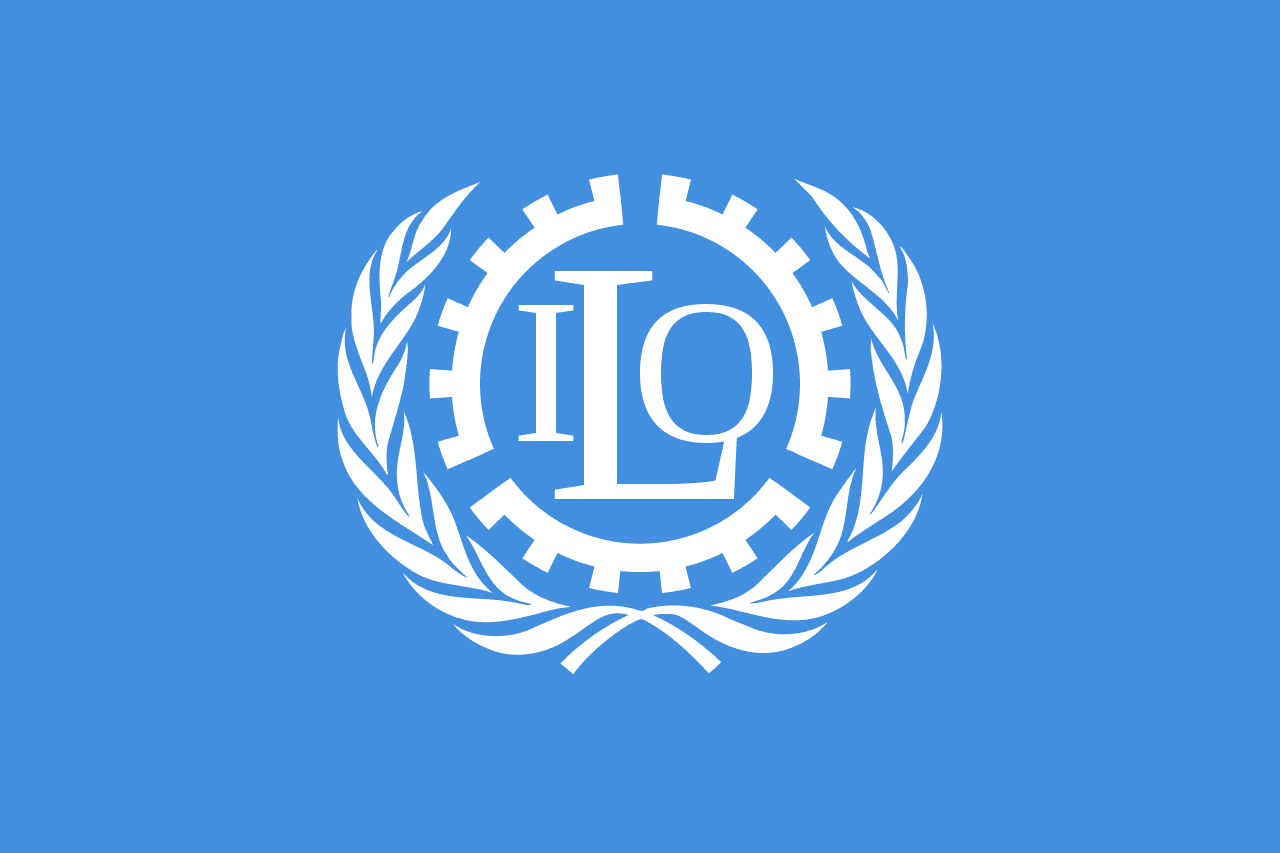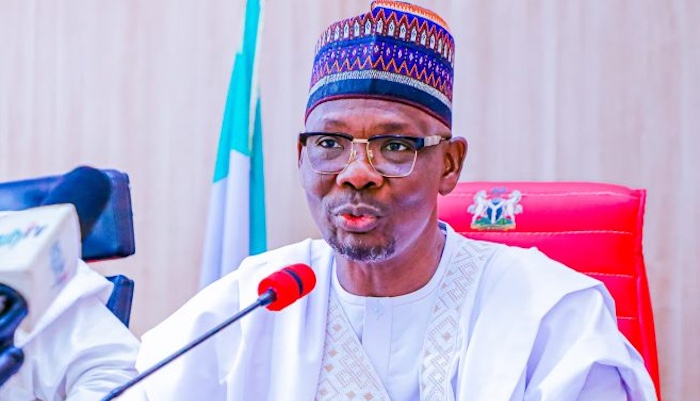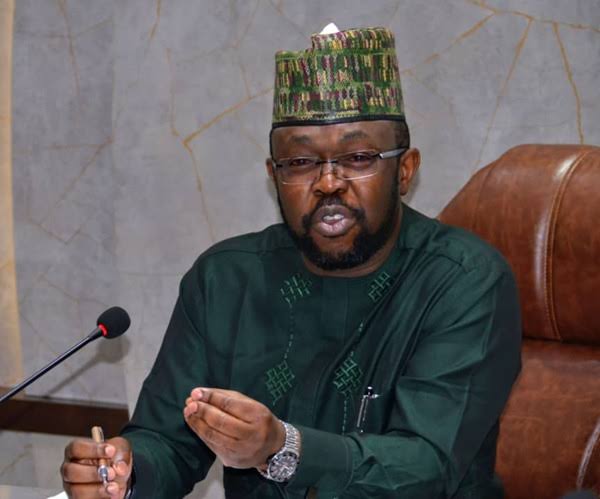
The International Labour Organization (ILO) has called for a new global social contract to address sweeping disruptions in the world of work caused by technological advancement, shifting economic models, and climate change.
According to the ILO, rapid developments in digital platforms, automation, and artificial intelligence (AI) are upending traditional employment structures—replacing secure jobs with short-term contracts and gig work. This shift has left many workers without social protections such as pensions, job security, or collective bargaining rights.
“Technological innovation offers great promise, but also poses a significant threat to equality,” the ILO noted, warning of a widening digital divide within and between nations.
The ILO highlighted the compounding effects of post-pandemic recovery, geopolitical instability, inflation, and macroeconomic volatility on workers—particularly in countries shaped by decades of liberalisation and deregulation.
To counter these pressures, the organisation is advocating for a new model that promotes inclusive growth, social justice, and resilient labour markets.
Central to the ILO’s proposed reforms are trade unions, which it describes as “the world’s largest membership-based organisations.” The ILO urged unions to modernise their operations and expand their influence, especially in protecting informal and digital platform workers.
In the lead-up to the Second World Summit for Social Development in November 2025, the ILO’s Bureau for Workers’ Activities has begun hosting regional consultations. These dialogues aim to develop actionable recommendations involving trade unions, employers, and governments to shape a fairer, more inclusive global labour system.
Without deliberate policy changes to prioritise decent work and equity, the ILO warns, global labour markets risk further instability and exclusion.












